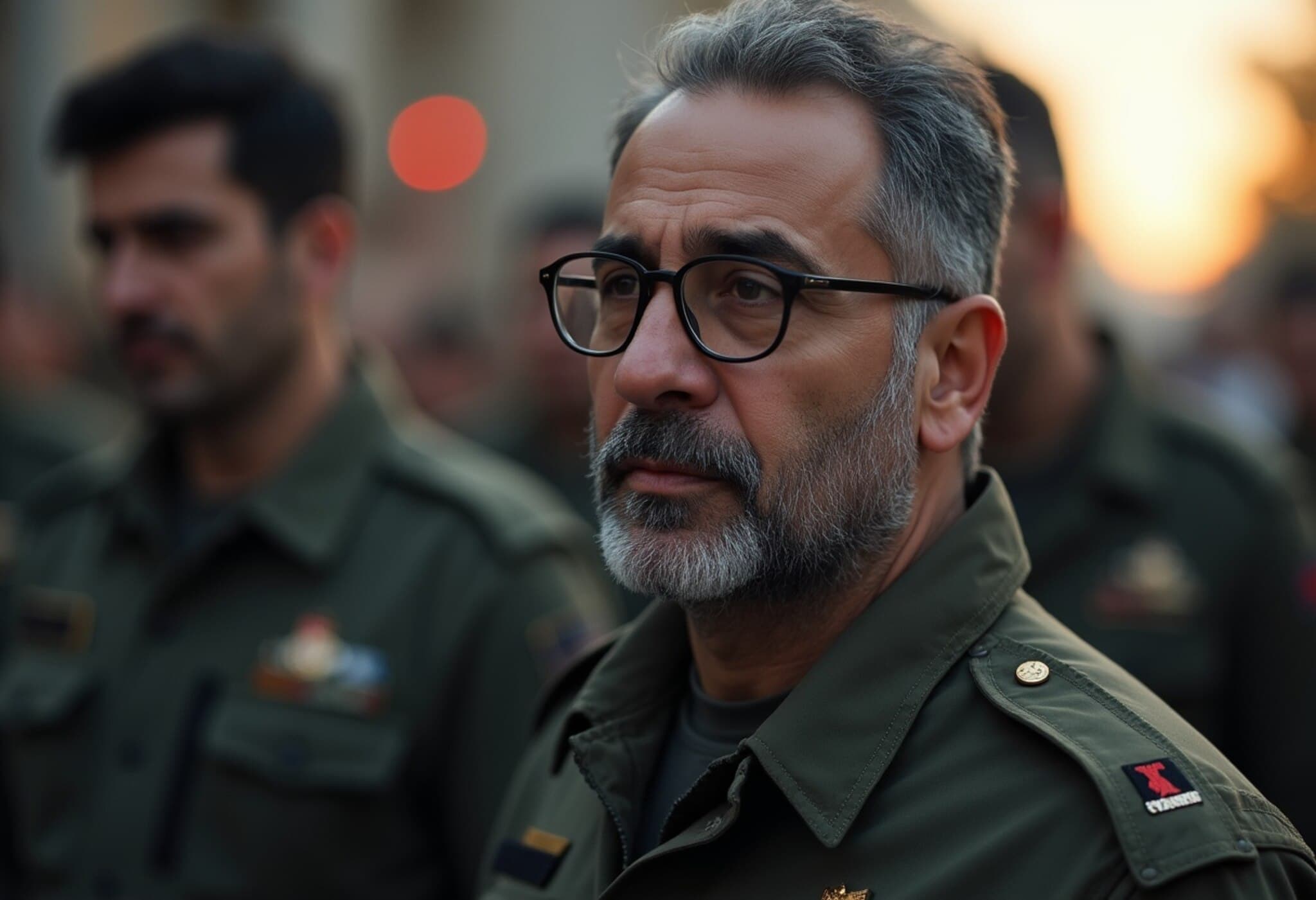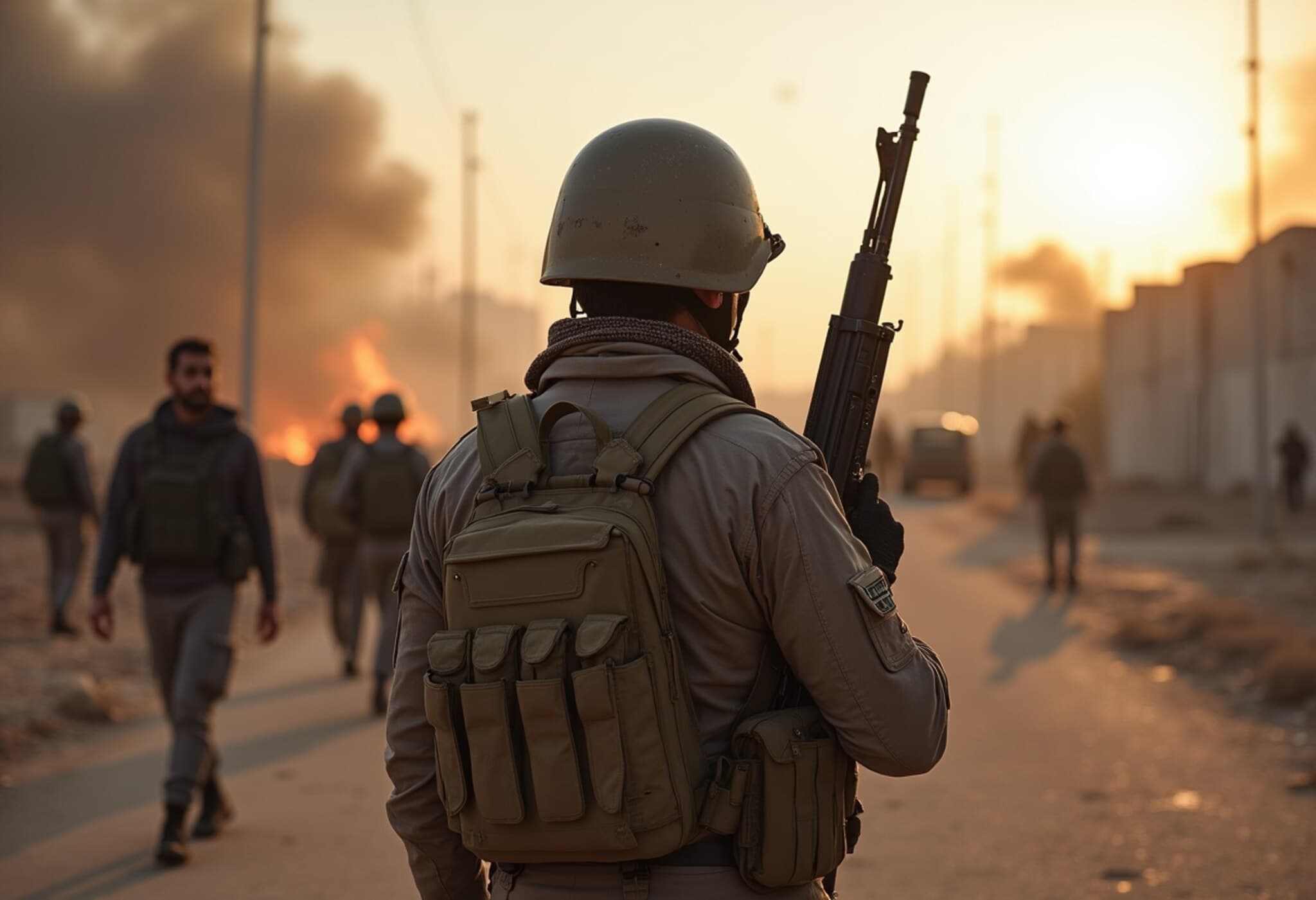Iran Executes Men Accused of Espionage for Israel and IS Sabotage Plot
In a decisive move that underscores Tehran’s ongoing security crackdown, Iran executed two men on Wednesday, one accused of spying for Israel and the other of plotting sabotage on behalf of the Islamic State (IS) group, state media outlets confirmed.
The Case of Rouzbeh Vadi: Alleged Spy for Mossad
The judiciary news portal Mizanonline identified one of the executed men as Rouzbeh Vadi, who was charged with relaying sensitive information to Israel’s intelligence agency, Mossad. According to the report, Vadi allegedly provided classified details regarding an Iranian nuclear scientist—one of the victims targeted and killed during a series of Israeli airstrikes in June.
While the exact identity of the scientist remains undisclosed, the report revealed that Vadi met with Mossad operatives on five separate occasions in Vienna, Austria, highlighting a sophisticated espionage operation beyond Iran’s borders.
Israel’s ambassador to France, Joshua Zarka, recently claimed that Israeli strikes over a 12-day period had eliminated at least 14 physicists and engineers tied to Iran's nuclear program—a point that Tehran vehemently contests. This execution marks the seventh such case where Iran has reportedly punished spies during its prolonged conflict with Israel.
Mehdi Aghazadeh and the IS Connection
The other individual executed, Mehdi Aghazadeh, was convicted on charges of belonging to the Islamic State group. Officials allege that Aghazadeh underwent military training in IS-controlled territories in Syria and Iraq before infiltrating Iran illegally with a four-person team. In a confrontation with Iranian security forces, the rest of his team were killed.
Mizanonline stated that Iran’s Supreme Court upheld the death sentences after full legal procedures, affirming the government’s stance on harsh penalties for those accused of terrorism or espionage.
Context and Regional Implications
Iran has been at the center of regional and international tension, particularly regarding its nuclear ambitions and its adversarial relationship with Israel. The repeated executions of accused spies fuel concerns among human rights organizations about potential abuses and lack of transparent judicial processes in Iran.
Moreover, the alleged IS infiltration points to Iran’s complex security challenges, as the extremist group continues to exert influence and conduct operations across the Middle East. Iran's hardline response signals Tehran's resolve to deter both external and internal threats amid competing narratives of power, security, and regional alliances.
Legal and Human Rights Perspectives
- International observers often question the fairness of espionage trials in Iran, citing opaque processes and limited access to independent legal representation.
- The use of capital punishment in politically sensitive cases runs parallel to Iran’s broader security doctrine prioritizing swift justice.
- Activists warn that such executions may be part of a broader pattern of repression amid heightened conflict with Israel and regional militant groups.
Expert Analysis
Strategic analyst Dr. Layla Haddad notes, “These executions serve both as a warning to would-be collaborators with external intelligence agencies and as a political signal reinforcing Iran’s sovereignty claims. However, they risk further isolating Iran internationally and complicate potential diplomatic engagements around nuclear negotiations.”
From a U.S. policy standpoint, experts emphasize the importance of carefully balancing national security cooperation in the region while advocating for human rights and transparent justice systems.
What Lies Ahead?
The execution of Vadi and Aghazadeh is emblematic of Iran’s fraught security environment, one marked by relentless geopolitical rivalry, internal dissent, and the persistent threat of extremist groups. Experts suggest that unless there is a strategic shift towards transparency and dialogue, Tehran’s approach may continue to provoke international unease and potentially escalate conflict dynamics.
Editor's Note
This dual execution spotlights the deep-seated contestations embroiling Iran in regional power struggles and exposes layers of complex security challenges it faces both domestically and globally. Readers are encouraged to consider the broader human rights implications and the interplay between counterterrorism efforts and political repression. How these developments will affect negotiations over Iran’s nuclear program and relations with Western powers remains a critical question for policymakers and observers alike.











